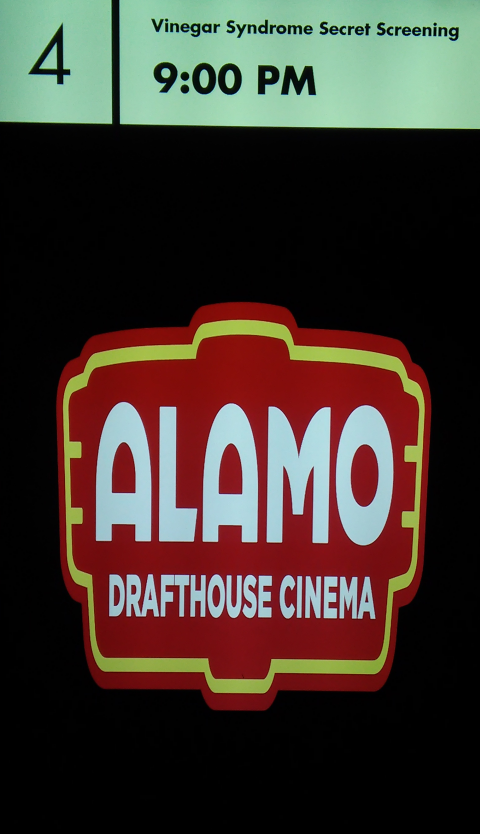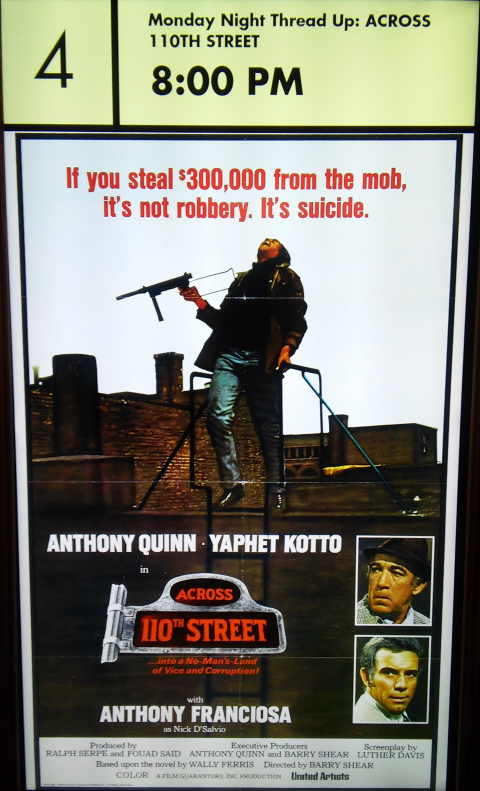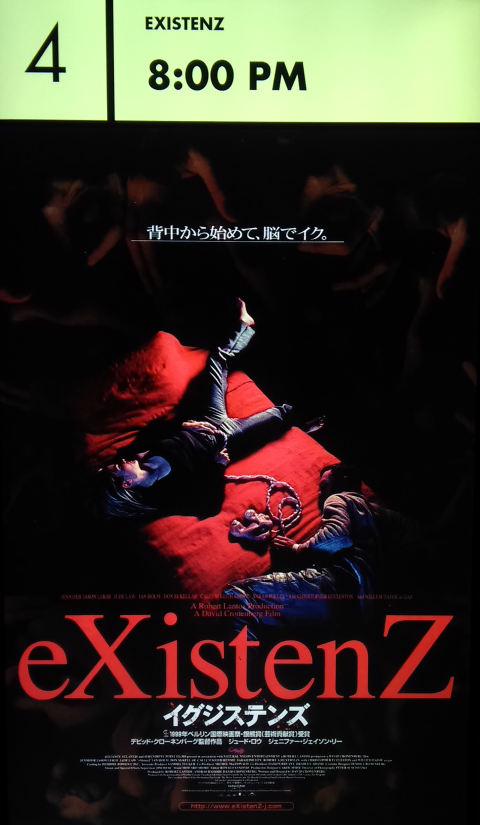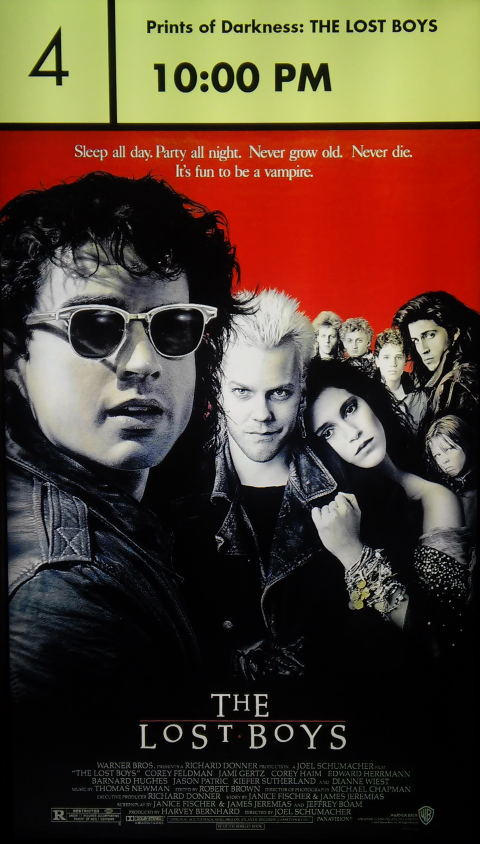Across 110th Street (1972)
Anyone who’s seen Quentin Tarantino’s Jackie Brown is familiar with this title, as the Bobby Womack single of the same name (which appears on the soundtrack album but not in the actual movie?) plays at both the beginning and end of that film.
It gets lumped in with the Blaxploitation genre, but after seeing it, it’s clear that Across 110th Street doesn’t belong there. For one thing, the tone is too serious (there’s nothing really tongue-in-cheek about it), and there’s no strong, Black protagonist, because there’s no protagonist of any kind (we’ll come back to that).
Let’s back up for a second. Across 100th Street begins with the violent theft of a large sum of Italian mob money by three Black robbers. From there, it’s a race against time between the mobsters and the cops to find out who did it; the cops wanting justice for their gunned-down brethren, and the mob wanting to set an example to those who would try to steal from them.
This is where things get problematic for me, because the movie constantly cuts around between the three concerned parties (thieves, mobsters, cops), which is fine in theory, but in practice it doesn’t really allow you to connect with any character in particular, good, bad, or otherwise, and thus you never really connect with the movie as a whole.
This is not to say Across 110th Street is terrible. As well as having some entertaining moments, the movie addresses serious issues in a mature fashion, which is admirable. I just wasn’t expecting it to be so cold and flat from a stylistic standpoint. It’s one thing to go that route for a based-on-a-true-story movie (like Tora! Tora! Tora!), or a this-is-what-could-happen movie (like Contagion), but for a fictional police procedural I don’t think it’s the best idea.
Rating: ★★★☆☆
eXistenZ (1999)
If you made a cocktail out of Videodrome, The Matrix, and Inception, you’d have eXistenZ.
I was a bit nervous about seeing this one, given David Cronenberg’s infamy for gross-out material, but eXistenZ is surprisingly measured in the body horror department (even the “Chinese Restaurant” scene didn’t really bother me, although whether or not a lot of this stuff upsets you comes down to individual tastes and fears).
The movie takes a hard look at the concept of virtual reality, and, while it may not be an action movie, it feels appropriately dream-like (without question one of the movie’s strongest aspects). There’s also some commentary on videogames which gamers past and present will understand and appreciate.
Performance-wise, Jennifer Jason Leigh and Jude Law put in solid shifts, but I think I find the supporting roles more interesting (Ian Holm and definitely Willem Dafoe in particular).
Overall, eXistenZ may feel somewhat dated, give that it’s a late-90s vision of the future, but the way it questions our ability to unplug from the machine is as relevant now as ever. Kudos to David Cronenberg for that.
Rating: ★★★½

Red Mob aka Chtoby vyzhit (1993)
Information on this movie is sketchy at best, but if you understand Russian, you can enjoy the whole film on YouTube.
The boys at Vinegar Syndrome are putting together a Blu-ray release of Red Mob and I can’t wait for it to go on sale. It’s not on the same level of hidden gem as, say, Ninja Busters, but it is the right mix of incomprehensible and funny-bad that makes for a “magnum opus” of low-budget cinema (not to mention lots of guns and explosions).
I’m not going to bother to explain the plot, given that it took me until about forty minutes into the film to figure out who everyone was and what was going on, but I can tell you that it involves the Russian Mafia (obviously), weapons smuggling, former Soviet soldiers, kidnapping, and, if you can hold out til the end, some of the best helicopter flying I’ve ever seen committed to film.
One thing I know for sure about Red Mob is that it was shot in the former Soviet Union, maybe a couple of years after the Berlin Wall came down, and it makes use of a fairly wide variety of locations. The only one I recognized outright is what I assume to be Moscow, but I’m guessing they also filmed quite a bit in one or more of the Central Asian states.
Anyway, like I said, I can’t wait for the Blu-ray release. Definitely a bonkers kind of movie to be enjoyed with a group of friends.
Rating: ★★★½
(Update 05/26/17 – The Blu-ray is finally on sale: https://vinegarsyndrome.com/shop/red-mob-ltd/)
The Lost Boys (1987)
Before True Blood or Twilight or even Buffy the Vampire Slayer, there was The Lost Boys.
I can’t say with absolute certainty if it’s the first ever presentation of contemporary teenage vampires, but it seems to get the most credit as such. Regardless, it’s years ahead of its time from that standpoint
And yet, it’s also very much of its own time, not just in terms of music and fashion and all that (not to mention the first ever pairing of “The Two Coreys”), but because, for whatever reason, the 1980s were the heyday of the horror comedy (Gremlins and Ghost Busters come to mind), although there has been something of a resurgence of such films in the 2000s, but we’re not talking about that, we’re talking about Joel Schumacher’s The Lost Boys.
He takes a lot of crap for Batman & Robin, which is fair (at least he owns up to it and doesn’t point fingers elsewhere), but I disagree with the popular notion that Joel Schumacher is a “bad director.” In addition to Lost Boys, he’s also directed Falling Down and the very much underrated 8MM. as well as other successful projects, but again, we’re not talking about those; we’re talking about The Lost Boys here.
The movie is a fairly classic type of story: a family moves to a new place and discovers things are not all as they seem But, in addition, the look of the film still holds up pretty well (I appreciate how they handled “flying” on a budget), there’s some great set design, the cast is pretty solid all around, and, most importantly, the tone is such that you can seamlessly move between horror and comedy.
If you’ve never seen it, especially with Halloween season coming up, I definitely recommend this stylish flick.
Rating: ★★★★☆




